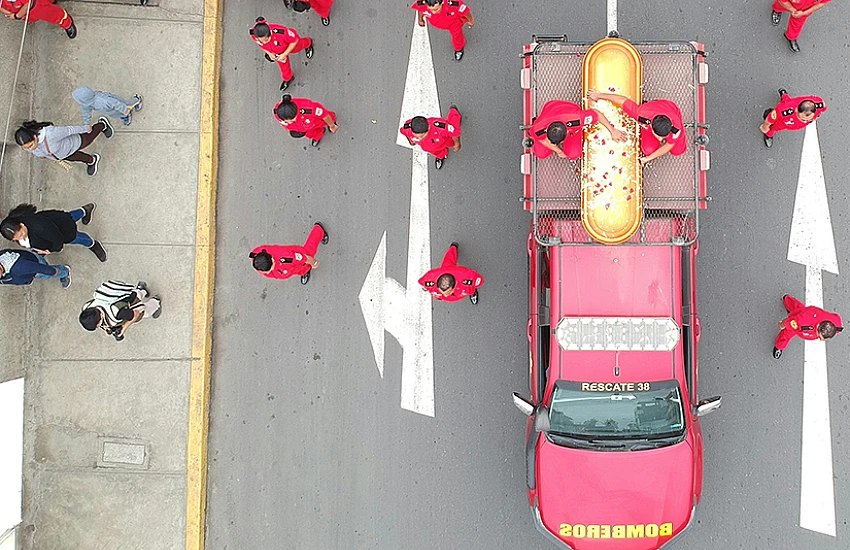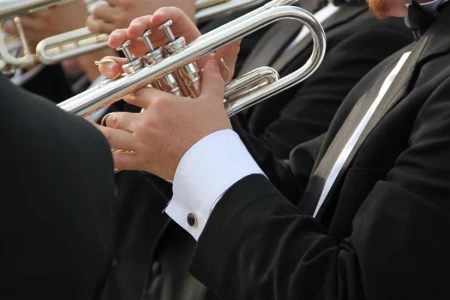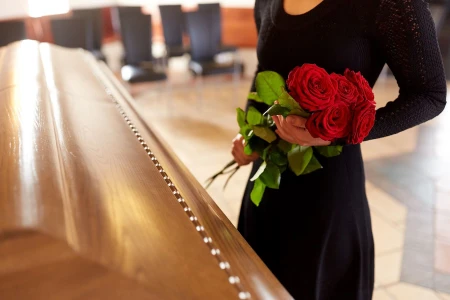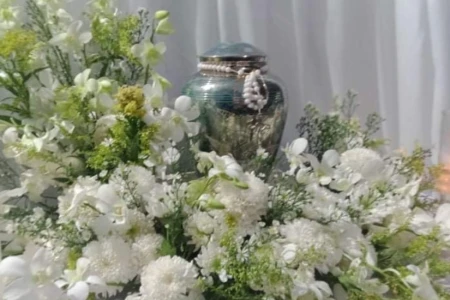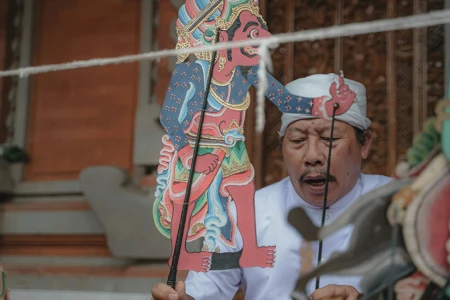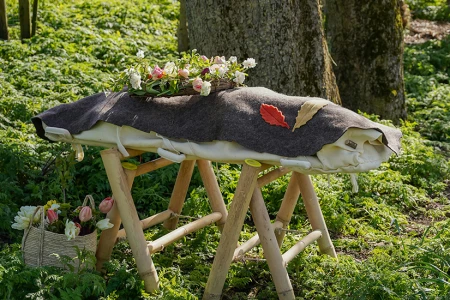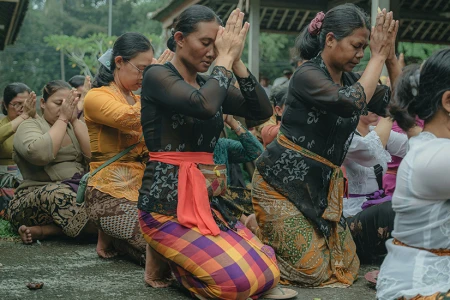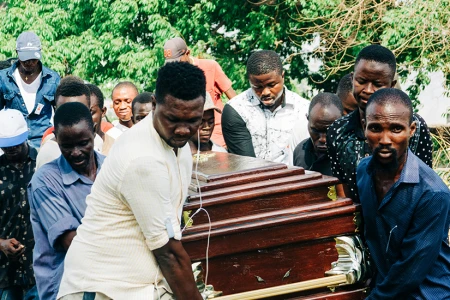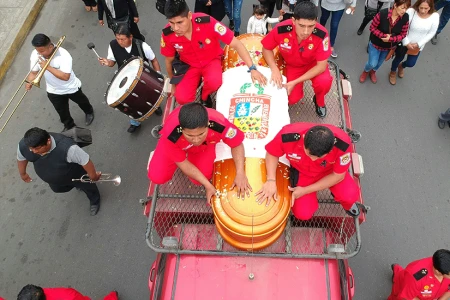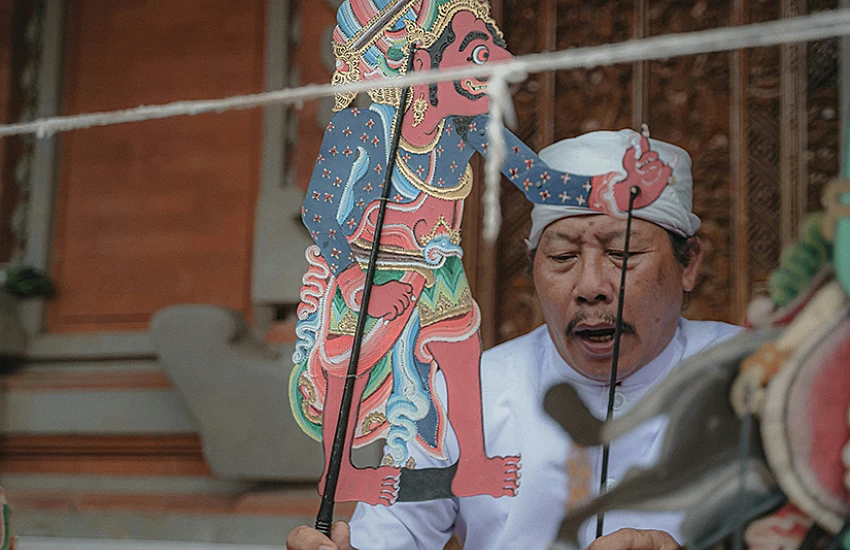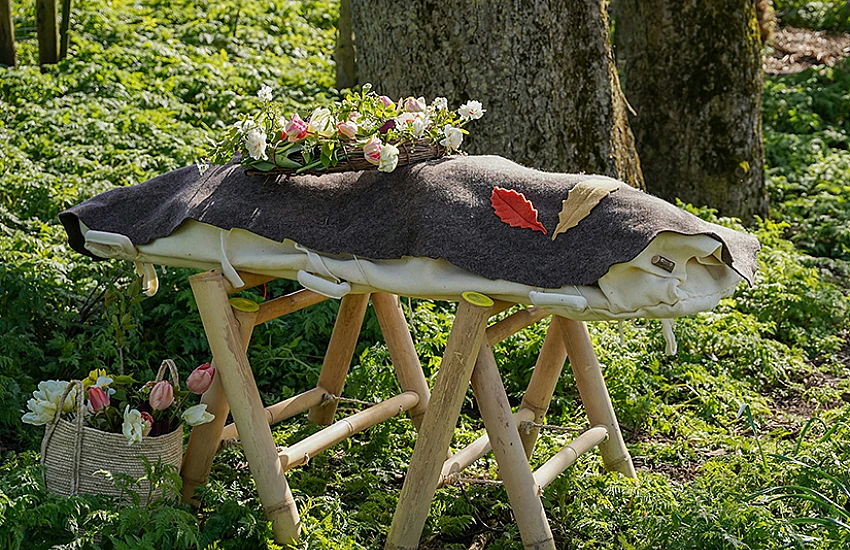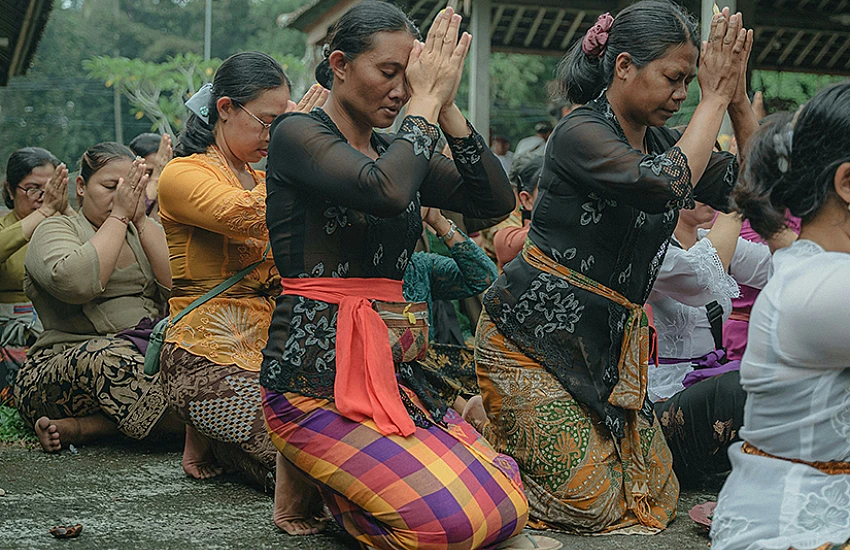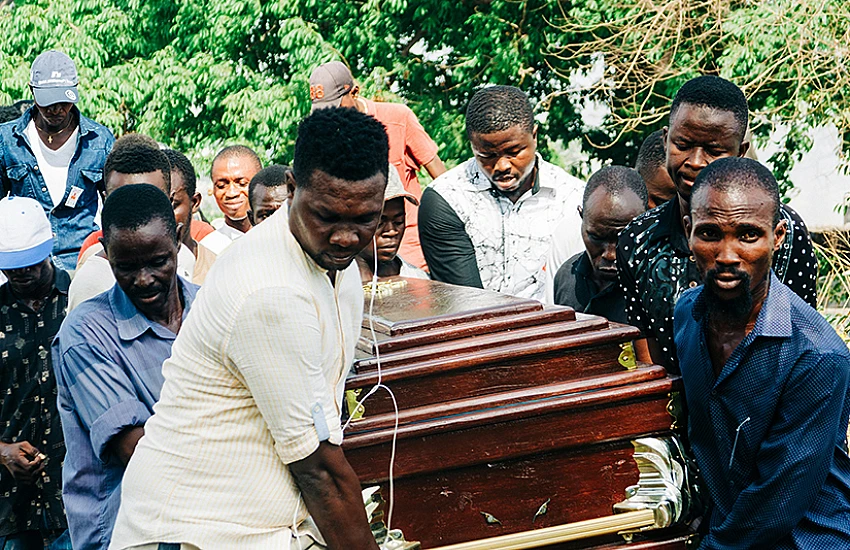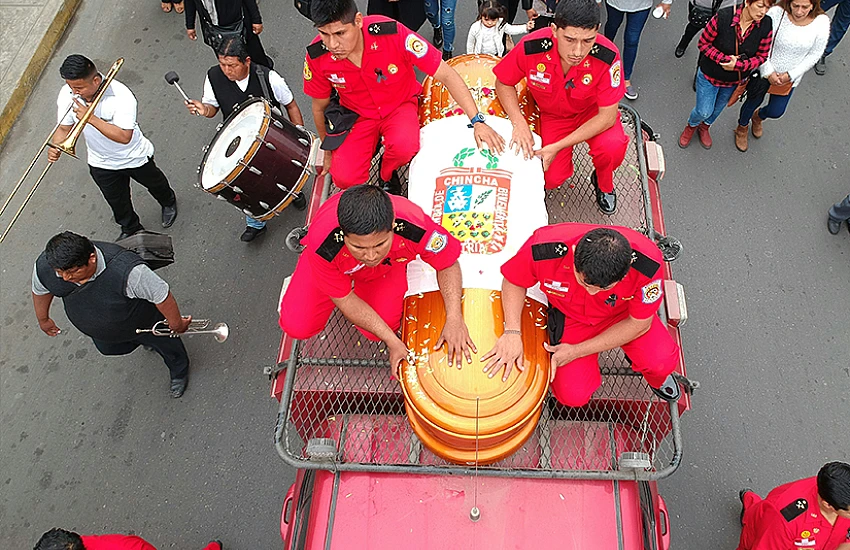Table of Contents
Death is an inseparable part of life, and the way different cultures around the world deal with this ultimate reality reflects their unique beliefs, traditions, and spiritual connections. Funeral rituals hold deep symbolic and religious significance and influence choices regarding funeral accessories such as urns, coffins, and other items associated with farewell ceremonies. Each culture has its own unique funeral customs—ranging from lavish ceremonies to simple, modest burials. Understanding these differences not only helps us learn about global traditions but also allows us to see how local beliefs and practices influence the choice of funeral accessories that honor the memory of the deceased in accordance with their culture and religion.
Funeral Traditions from Different Cultures and Their Influence on the Choice of Funeral Accessories
Death is a universal experience that affects every community worldwide, yet the way different cultures perceive and handle it reflects their unique beliefs, traditions, and histories.
Funeral rituals hold deep religious and cultural significance and impact the selection of funeral accessories.
Depending on tradition, these accessories can be symbolic, spiritual, practical, or aesthetic.
In this article, we will discuss how various cultures and religions influence the choice of urns, coffins, and other funeral accessories.

Funeral Traditions in Christianity
Christianity, as one of the world’s largest religions, has its own distinct funeral customs.
Christian funerals most commonly involve the burial of the deceased in a coffin.
The coffin symbolizes the body’s return to the earth, and the funeral itself is a prayerful event, offering hope for the resurrection of the soul in the afterlife.
Funeral Accessories:
- Cross: Often placed on the coffin or grave, symbolizing Christ’s resurrection and hope for eternal life.
- Rosaries and Icons: In some Catholic countries, a rosary or other religious objects that held personal significance for the deceased are placed in the coffin.
- Wooden Coffins: In Christianity, wooden coffins are popular, symbolizing simplicity and a return to nature.
- Candles: Light represents God's presence, and candles are often used at funerals to symbolize prayers for the deceased’s soul.

Islamic Funerals
In Islam, a funeral, known as Janazah, is marked by simplicity and modesty.
It is believed that after death, the soul transitions to another life, and the body should be buried as soon as possible, preferably within 24 hours.
Cremation is not practiced, and the deceased is wrapped in a simple white shroud (kafan), symbolizing equality before God.
Funeral Accessories:
- Kafan: A plain white shroud covering the body, without decorations, symbolizing humility and equality.
- Simple Coffin or None: In some Muslim countries, bodies are placed directly in the ground, while in others, they are buried in plain wooden coffins without adornments.
- Prayer Tablets: Some Islamic cultures place plaques with selected Quranic verses near graves.
- No Cremation: Since cremation is forbidden in Islam, the choice of funeral accessories is primarily focused on simplicity in burial.

Hinduism and Its Rich Symbolism
In Hinduism, death is not seen as the end but rather the beginning of a new life in the cycle of reincarnation.
Funerals are usually cremation-based, as fire is believed to purify the body and help the soul transition into the next incarnation.
The deceased is cremated on a funeral pyre, and the ashes are often scattered in sacred rivers such as the Ganges.
Funeral Accessories:
- Funeral Pyre: In India and other parts of South Asia, funeral pyres are the traditional form of cremation. The wood used has symbolic significance—sandalwood, for example, is considered sacred.
- Urns for Ashes: While many families choose to scatter the ashes in holy waters, some store them in decorative urns featuring religious motifs such as deities or lotus symbols.
- Flower Garlands: Before cremation, the deceased is often adorned with flowers, symbolizing the transience of life.
- Brass or Ceramic Vessels: Used for storing holy water or other sacred items needed for funeral rites.

Buddhist Funeral Customs
Buddhism emphasizes the cycle of life, death, and reincarnation, and funerals are a time for meditation on this cycle.
Different Buddhist traditions have varying funeral practices—some emphasize cremation, while others focus on burial.
Funeral Accessories:
- Urns with Mandalas: In Buddhist traditions, urns are often decorated with mandalas—symbols of the universe that represent harmony and order.
- Ritual Incense and Lamps: During Buddhist funerals, incense is often used to symbolize the purification of the soul. Oil lamps, lit for 49 days after death, guide the deceased’s soul toward enlightenment.
- Buddha Statues: In some Buddhist cultures, urns feature images of Buddha, believed to protect the deceased’s soul.
- Ashes in Special Stupas: In many Buddhist cultures, the ashes of the deceased are stored in stupas—sacred structures.
Native American Funeral Traditions
Native American tribes have diverse approaches to death, depending on their traditions.
Some tribes prefer burial, while others practice cremation.
Funerals are often deeply spiritual and emphasize a strong connection with nature.
Funeral Accessories:
- Ceremonial Blankets: In some Native American cultures, the deceased is wrapped in a special blanket to protect the soul on its journey to the afterlife.
- Spirit Masks: Some tribes use masks in funeral ceremonies to ward off evil spirits and guide the deceased toward the light.
- Amulets and Personal Items: Graves often contain personal items of the deceased, such as weapons, tools, or charms, believed to provide support in the afterlife.

Japanese Funerals: A Blend of Buddhism and Shintoism
In Japan, funerals combine Buddhist and traditional Shinto beliefs.
Cremation is the most common practice, and urns containing ashes are kept in family graves or temple shrines.
Funeral Accessories:
- Ceramic Urns: Japanese urns are often ceramic, decorated with floral symbols or traditional patterns.
- Butsudan: Many Japanese households have a special altar (butsudan) where the deceased’s ashes are placed, along with daily offerings such as food and incense.
- Name Tablets: After death, the deceased is given a new name (kaimyo), which is inscribed on a special tablet and placed in a temple or on a grave.

(FAQ) Frequently Asked Questions About Funerals in Different Cultures
1. What are the most common Christian funeral traditions?
Christian funerals typically involve burial in a coffin, symbolizing a return to the earth. Traditions include prayers, blessings, and masses. Popular accessories include coffins, crosses, rosaries, and candles.
2. Why is cremation forbidden in Islam?
Islam prohibits cremation as the body must be buried intact to show respect. Muslims are buried in simple wooden coffins or directly in the ground, wrapped in a white kafan.
3. What funeral accessories are typical in Hinduism?
Popular items include funeral pyres for cremation, urns for ashes, brass vessels for holy water, and floral garlands used in ceremonies.
4. What symbols appear on Buddhist funeral accessories?
Common symbols include mandalas on urns, Buddha images for spiritual protection, and incense or oil lamps to guide the soul.
5. What eco-friendly funeral trends are emerging?
Biodegradable urns, natural coffins, and alternatives such as memorial forests are gaining popularity, especially in cultures that emphasize environmental preservation.

